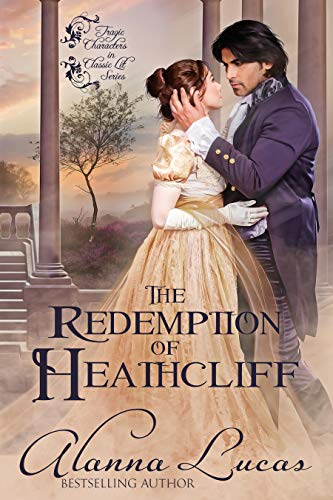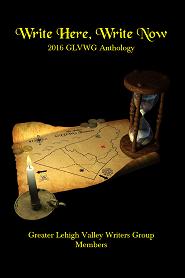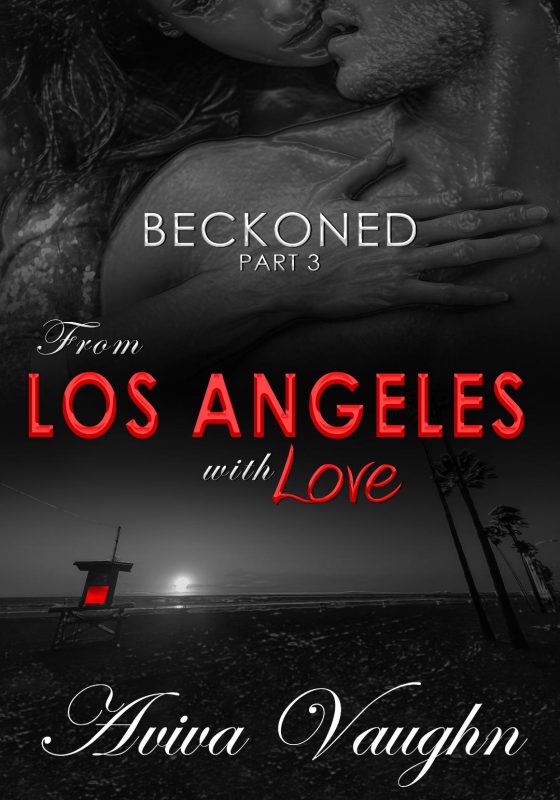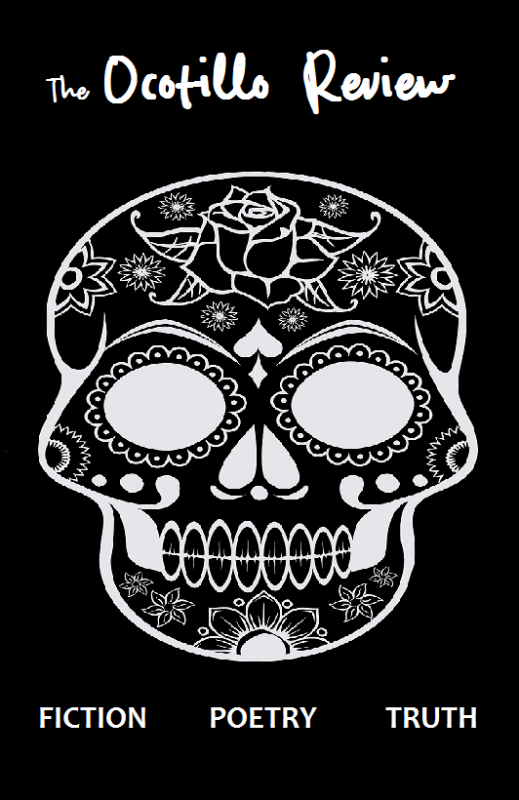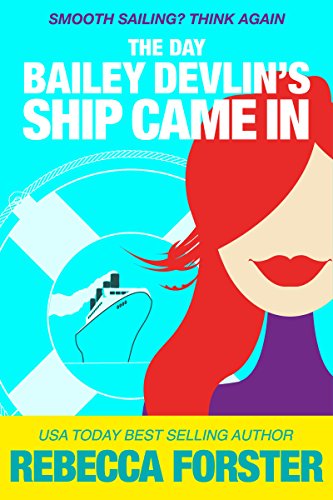Writer’s Block By Bill Zeilinger
February 22, 2013 by Marianne H. Donley in category Archives tagged as Bill Zeilinger, Cartons, writer's block
Bill Zeilinger, writing as Will Zeilinger and Victoria Becker, is the author of “The Naked Groom” – a romantic comedy; “Something’s Cooking at Dove Acres” – a YA novel; and “The Final Checkpoint” – a mystery.
His blog is http://www.booksbywilzeilinger.blogspot.com.
Bill is also a graphic designer/illustrator. He designed book covers as well. You can see his art work at http://www.thosedesigners.com
Follow Bill as William Zeilinger on Facebook, LinkedIn and Twitter @BigMrBill
Make Your Own Luck
February 19, 2013 by A Slice of Orange in category Archives tagged as goals, Luck, Mona Karel, My Killer My Love, Teach Me to Forget, Writing GoalsMonica Stoner, Member at Large
There’s been a lot of discussion lately about the ‘luck’ intrinsic for success in the publishing world. And it sounds like a great discussion. Except, well…hogwash. Yeah, you heard me right, that’s pretty much a lot of bilge water emptying into the ocean. Sure there’s luck involved. Absolutely some writers just happen on to the right publisher, the right agent, at the right time. But, as Harry Stone (Night Court…remember him?) pointed out, he might have been on the bottom of the list of judges to appoint, but he was on the list. He had done the work and made the effort to qualify for that list.
By the same token, we can gag at the overwhelming popularity of writers whose books just aren’t that good, at least in our educated minds. We can point fingers at the lack of logic, or the grammar issues, but the fact is they’ve written those books, generally a lot of those books. And those books are what their fans want to be reading. While we’re stressing over the poor writing, they’ve written another book, and again it’s at the top of the Amazon rankings.
Maybe luck does have something minor part to play in readers enjoying their work. But luck has nothing to do with them producing that work. As much as we want to bow down to our muse, or curse the lack thereof, the relevant issue here is just plain hard work. They possess a work ethic that has them at the keyboard early and late, that doesn’t allow them to check e-mail or cruise Facebook until their pages are done, and their word count is met. Are they the best writers in the universe? Maybe, maybe not. But if quality of writing is based on the books which are written, and not those being mulled over in the mind of the writer…then yeah they probably are.
Okay, this is a bit of a whine since my work ethic is pretty much down the tubes. But I’m giving up complaining about luck, and even being envious of someone else’s ability to get things done. All of this produces artificial road blocks to accomplishing any sort of goal…and I’m getting a lot better at setting those goals. Who’s ready to start that journey of a million words with me???
I realize I’m late putting fingers on keyboard and sharing this month’s thoughts. If you have just a minute more I need to share my thoughts on the loss of a wonderful woman who believed in me when I didn’t always believe in myself. Simply said, be at peace Barbara. You touched so many lives.
Monica writes as Mona Karel
emaginings: Romance Fantasies
February 16, 2013 by A Slice of Orange in category Archives tagged as captive story, emaginings, Lex Valentine, Linda McLaughlin, OCCRWA, Rogue's Hostage, romance fantasies
 The captive story is an old one, with roots in the Greek myth of Persephone in the Underworld, and in reality. Among tribal societies, marriage by capture was not uncommon, a pre-scientific method of enlarging the gene pool. In our own time, the Stockholm Syndrome has been observed, in which hostages begin to identify with their captors. Though “marriage by capture” is no longer practiced, the story still resonates in the collective unconscious.
The captive story is an old one, with roots in the Greek myth of Persephone in the Underworld, and in reality. Among tribal societies, marriage by capture was not uncommon, a pre-scientific method of enlarging the gene pool. In our own time, the Stockholm Syndrome has been observed, in which hostages begin to identify with their captors. Though “marriage by capture” is no longer practiced, the story still resonates in the collective unconscious. Linda Mac
Twitter: https://twitter.com/LyndiLamont
It’s Time to Break Out (with a little help from your friends)
February 15, 2013 by A Slice of Orange in category ArchivesThree years ago I took the plunge and left traditional publishing. It felt like walking off a cliff. Gone were the editors, designers, agents, and booksellers. It was me, my words, and my computer. I thought I was isolated, but boy was I wrong.
Things That Make Me Go Mmmruh
February 13, 2013 by A Slice of Orange in category Archives tagged as Annicka Rietveld, cover artwork, cover design, deviantart.com, GVR Corcillo, Iron Man, Lex Valentine, She Likes It Rough, Things That Make Me Go Mmmruh, Tony Stark, Winterheart DesignBut some survival instinct in me bucked at my willingness to sell myself short without even trying. I deep down wanted an illustration that would convey the sexy and off-kilter humor of a story about urban scaredy-cat Lisa Flyte trying to find her backbone by teaming up with aloof adrenaline junkie Jack Hawkins. They go on white-knuckle adventures out in the wild in order to make her brave. But what happens in the wild doesn’t stay in the wild, at least not for Lisa, who starts to fall for Jack. Will what she learns on her escapades give her the courage to go after him? Come to think of it, would I have the guts to pursue what I most desperately wanted? I had to bite the bullet and go for my dream cover. I commissioned a new cover from Lex, and this time I told her my ideas. We both scoured available images for days, but we found nothing that would satisfy me.
Here is what we worked out:
GVR Corcillo
“Jane Austen Meets the New York Giants”
Affiliate Links
A Slice of Orange is an affiliate with some of the booksellers listed on this website, including Barnes & Nobel, Books A Million, iBooks, Kobo, and Smashwords. This means A Slice of Orange may earn a small advertising fee from sales made through the links used on this website. There are reminders of these affiliate links on the pages for individual books.
Search A Slice of Orange
Find a Column
Archives
Featured Books
THE REDEMPTION OF HEATHCLIFF
✧༺♥༻∞Retelling of a classic with a Happily Ever After! ∞༺♥༻✧
More info →WRITE HERE, WRITE NOW
2016 GLVWG Anthology (GLVWG Anthologies Book 2)
More info →THE DAY BAILEY DEVLIN’S SHIP CAME IN
Oh, Boy! Oh, Bailey!
Just when you think it's going to be smooth sailing, Venus messes with your rudder.
Newsletter
Contributing Authors
Search A Slice of Orange
Find a Column
Archives
Authors in the Bookstore
- A. E. Decker
- A. J. Scudiere
- A.J. Sidransky
- Abby Collette
- Alanna Lucus
- Albert Marrin
- Alice Duncan
- Alina K. Field
- Alison Green Myers
- Andi Lawrencovna
- Andrew C Raiford
- Angela Pryce
- Aviva Vaughn
- Barbara Ankrum
- Bethlehem Writers Group, LLC
- Carol L. Wright
- Celeste Barclay
- Christina Alexandra
- Christopher D. Ochs
- Claire Davon
- Claire Naden
- Courtnee Turner Hoyle
- Courtney Annicchiarico
- D. Lieber
- Daniel V. Meier Jr.
- Debra Dixon
- Debra H. Goldstein
- Debra Holland
- Dee Ann Palmer
- Denise M. Colby
- Diane Benefiel
- Diane Sismour
- Dianna Sinovic
- DT Krippene
- E.B. Dawson
- Emilie Dallaire
- Emily Brightwell
- Emily PW Murphy
- Fae Rowen
- Faith L. Justice
- Frances Amati
- Geralyn Corcillo
- Glynnis Campbell
- Greg Jolley
- H. O. Charles
- Jaclyn Roché
- Jacqueline Diamond
- Janet Lynn and Will Zeilinger
- Jaya Mehta
- Jeannine Atkins
- Jeff Baird
- Jenna Barwin
- Jenne Kern
- Jennifer D. Bokal
- Jennifer Lyon
- Jerome W. McFadden
- Jill Piscitello
- Jina Bacarr
- Jo A. Hiestand
- Jodi Bogert
- Jolina Petersheim
- Jonathan Maberry
- Joy Allyson
- Judy Duarte
- Justin Murphy
- Justine Davis
- Kat Martin
- Kidd Wadsworth
- Kitty Bucholtz
- Kristy Tate
- Larry Deibert
- Larry Hamilton
- Laura Drake
- Laurie Stevens
- Leslie Knowles
- Li-Ying Lundquist
- Linda Carroll-Bradd
- Linda Lappin
- Linda McLaughlin
- Linda O. Johnston
- Lisa Preston
- Lolo Paige
- Loran Holt
- Lynette M. Burrows
- Lyssa Kay Adams
- Madeline Ash
- Margarita Engle
- Marguerite Quantaine
- Marianne H. Donley
- Mary Castillo
- Maureen Klovers
- Megan Haskell
- Melanie Waterbury
- Melisa Rivero
- Melissa Chambers
- Melodie Winawer
- Meriam Wilhelm
- Mikel J. Wilson
- Mindy Neff
- Monica McCabe
- Nancy Brashear
- Neetu Malik
- Nikki Prince
- Once Upon Anthologies
- Paula Gail Benson
- Penny Reid
- Peter J Barbour
- Priscilla Oliveras
- R. H. Kohno
- Rachel Hailey
- Ralph Hieb
- Ramcy Diek
- Ransom Stephens
- Rebecca Forster
- Renae Wrich
- Roxy Matthews
- Ryder Hunte Clancy
- Sally Paradysz
- Sheila Colón-Bagley
- Simone de Muñoz
- Sophie Barnes
- Susan Kaye Quinn
- Susan Lynn Meyer
- Susan Squires
- T. D. Fox
- Tara C. Allred
- Tara Lain
- Tari Lynn Jewett
- Terri Osburn
- Tracy Reed
- Vera Jane Cook
- Vicki Crum
- Writing Something Romantic
Affiliate Links
A Slice of Orange is an affiliate with some of the booksellers listed on this website, including Barnes & Nobel, Books A Million, iBooks, Kobo, and Smashwords. This means A Slice of Orange may earn a small advertising fee from sales made through the links used on this website. There are reminders of these affiliate links on the pages for individual books.









